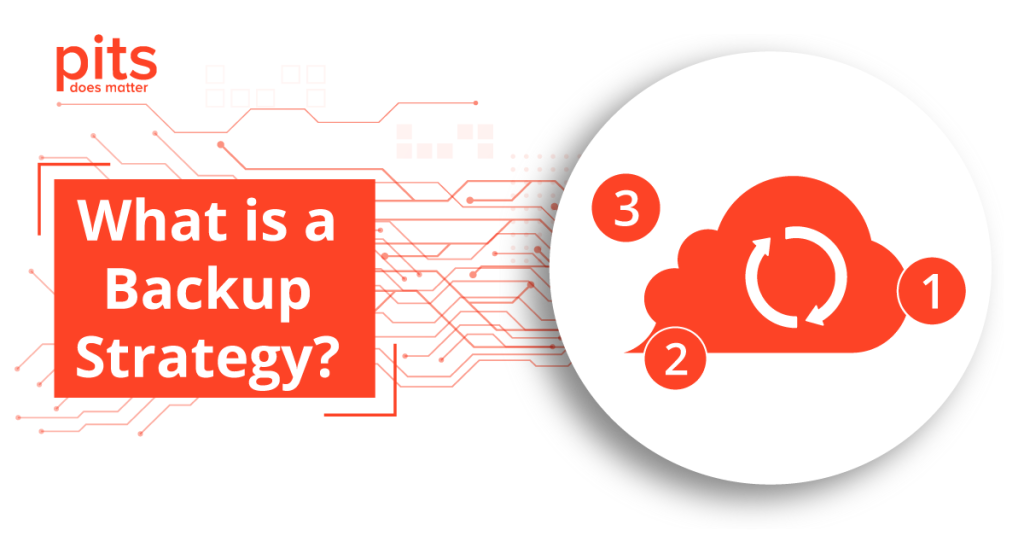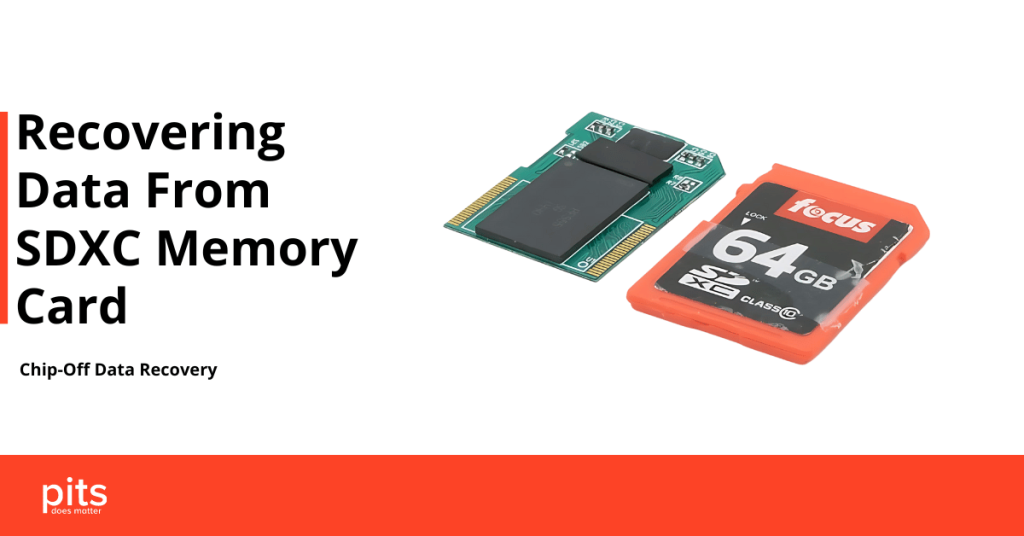In the world of virtualization, VMware and VirtualBox are two of the most popular solutions available, each with its own strengths and weaknesses. Whether you’re a developer, IT professional, or casual user, understanding the differences between these two platforms is essential for choosing the right tool for your needs. In this post, we will compare VMware and VirtualBox in terms of features, performance, compatibility, and usability to help you make an informed decision.
Overview of VMware and VirtualBox
VMware is a powerful virtualization platform that provides various products tailored for different use cases, such as VMware Workstation for desktops and VMware vSphere for data centers. It is widely used in enterprise environments and is known for its robust performance, extensive features, and strong support.
VirtualBox, on the other hand, is an open-source virtualization software developed by Oracle. It is a versatile solution that runs on various operating systems, including Windows, macOS, and Linux. VirtualBox is popular among developers and users who need a free, flexible virtualization option.
Key Features Comparison
-
Platform Support
- VMware: Supports a wide range of operating systems, including various versions of Windows, Linux, and macOS. However, some features, like running macOS as a guest OS, may require specific versions of VMware products.
- VirtualBox: Also supports a variety of guest operating systems, including Windows, Linux, and macOS. Being open-source, it allows for extensive customization and community contributions.
-
Performance
- VMware: Generally offers better performance and efficiency, especially in enterprise environments. It is optimized for running multiple virtual machines simultaneously with minimal resource usage.
- VirtualBox: While it performs well for individual use cases, it may not handle multiple heavy workloads as efficiently as VMware.
-
User Interface
- VMware: Features a polished, professional interface that is user-friendly and easy to navigate. It offers various advanced features that can be accessed through the graphical interface.
- VirtualBox: While the interface is functional and straightforward, it may not be as intuitive as VMware’s. However, it provides command-line options for advanced users who prefer scripting.
-
Snapshot and Cloning Capabilities
- VMware: Offers robust snapshot and cloning features, allowing users to create snapshots of virtual machines and restore them easily. This is particularly useful for testing and development.
- VirtualBox: Also supports snapshots, but the cloning process may be less seamless than in VMware. Nevertheless, it provides essential functionality for basic users.
-
Integration and Extensibility
- VMware: Integrates well with other VMware products, allowing for seamless workflows in enterprise environments. It also offers APIs for developers to build custom solutions.
- VirtualBox: Provides a range of extensions and plugins, allowing users to add features or functionality. The open-source nature encourages community contributions and enhancements.
Licensing and Cost
-
VMware: Offers several products, including free versions (like VMware Workstation Player) with limited features. However, advanced features require a paid license, which can be expensive, especially for enterprise use.
-
VirtualBox: Completely free and open-source, making it an attractive option for users on a budget or those looking for a flexible solution. Its community-driven development ensures that it remains updated and supported.
Use Cases
-
VMware: Ideal for enterprise environments, software testing, and businesses that require advanced virtualization features, performance, and robust support. It is well-suited for users who need to manage large-scale virtual environments.
-
VirtualBox: Best for developers, students, and casual users who need a lightweight and free virtualization solution. It is suitable for testing applications across different operating systems without investing in expensive software.
Conclusion
Choosing between VMware and VirtualBox ultimately depends on your specific needs and use cases. VMware is the go-to solution for professionals seeking high performance, advanced features, and enterprise-level support, while VirtualBox is an excellent option for those who need a free, flexible, and open-source virtualization solution.


